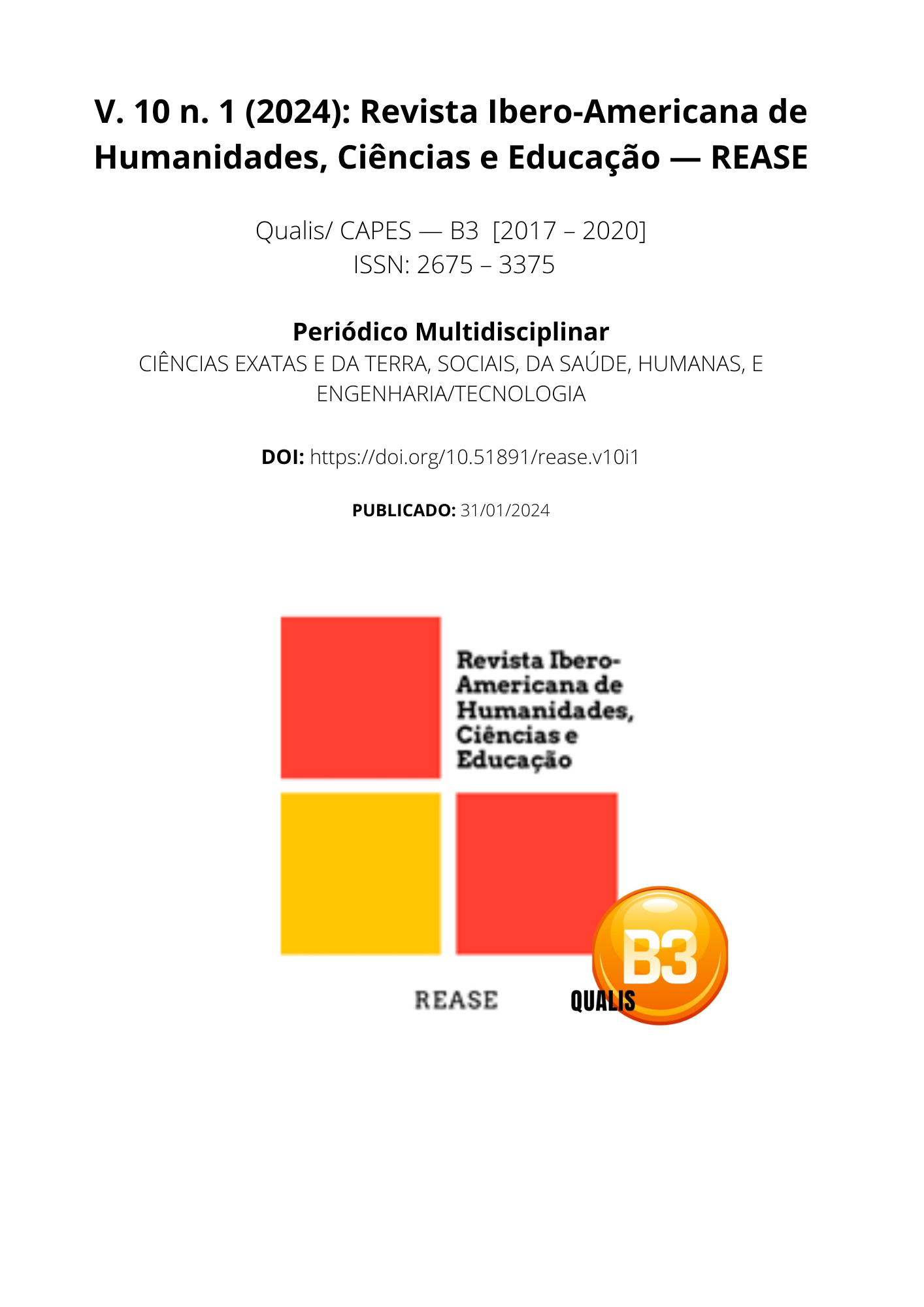THE SOCIO CRITICAL ETHNOGRAPHIC APPROACH
DOI:
https://doi.org/10.51891/rease.v10i1.12724Keywords:
Traditional ethnography. Paradigm. Critical ethnography. Grounded theory. Interest. Subject of action. Inequality-exclusion. Transformation.Abstract
The article is about ethnography. It is problematized that, in itself, it could constitute a fundamental ethnoculturalist descriptive discipline. Constitute a contribution to the knowledge of the intangible products of each and every one of the historically defined and contextualized human groups. But, as assumed in every academic field, ethnographic practice is not neutral, nor is description; The first depends on the ontological definition, on the definition of the object-subject and destination of the intervention and on the passive or active action in the process of construction-appropriation of each and every form of knowledge regarding and with the other. The specific way of constructing knowledge denotes power relations in the research process; The process of research and construction of knowledge is political, depending on positions in the field and binding interests. The results show the classic distinction between the emic and ethical orientation in the relationship with the other necessary objective of the research (action/structure); but, in positioning and definition, respect for the construction of concepts and categories based on the interests of the community involved, the research process itself, its evaluation, feedback and reorientation. Allowing you to explicitly visualize the type of relationships of inequality and exclusion according to the actors' own situation in the ethnographic research process, perspective, identification, interest and orientation of their practice. In this way, the possibility arises in its practice of exercising critical ethnography in the precise sense of denaturalizing by historicizing social relations and their immaterial products from the perspective and place of the subject (collective) objective of the intervention, where the professional researcher and a Horizontal Hierarchical Facilitation Partner subordinate to the definitions of the case study topic. Thus, according to the paradigm of the political position at the beginning of the research process, the purpose, methodology and techniques of this process are necessarily defined. Only under a socio-critical paradigm does ethnography aim to explain and overcome conditions of inequality and social exclusion.
Downloads
Downloads
Published
How to Cite
Issue
Section
Categories
License
Atribuição CC BY

